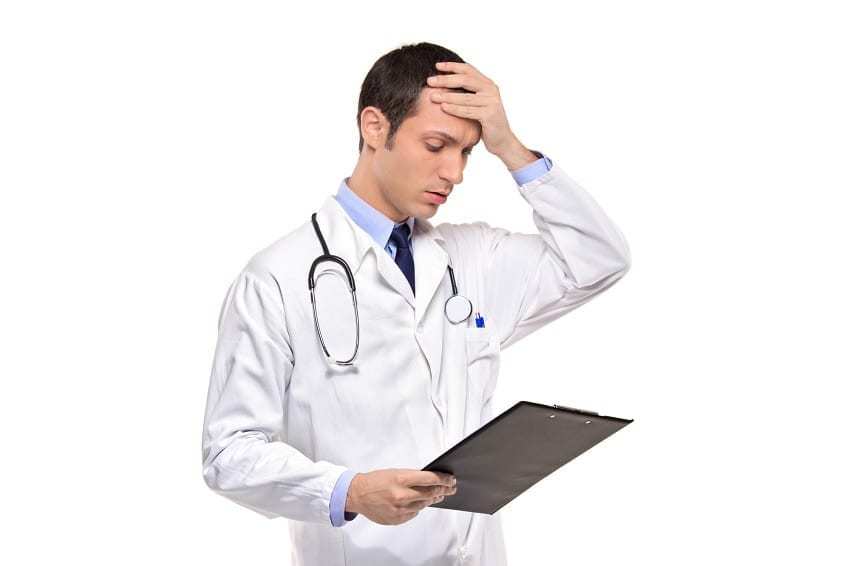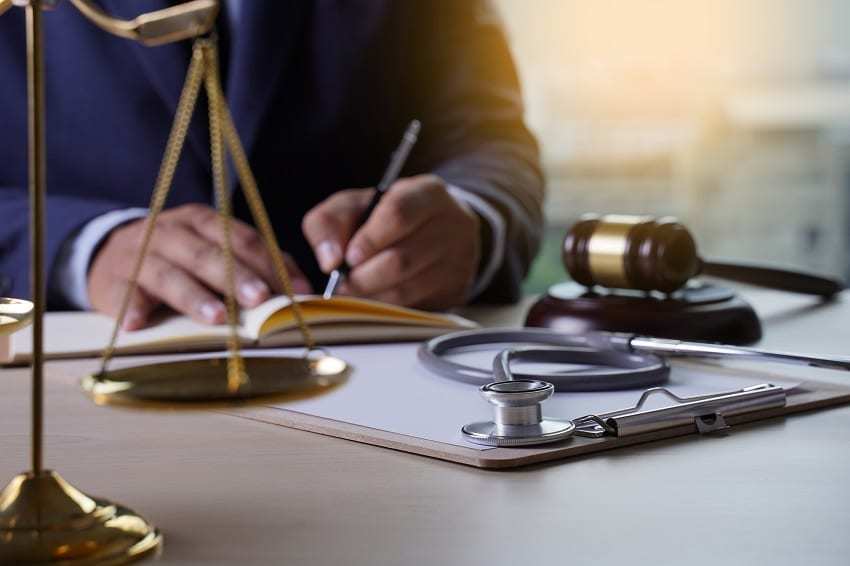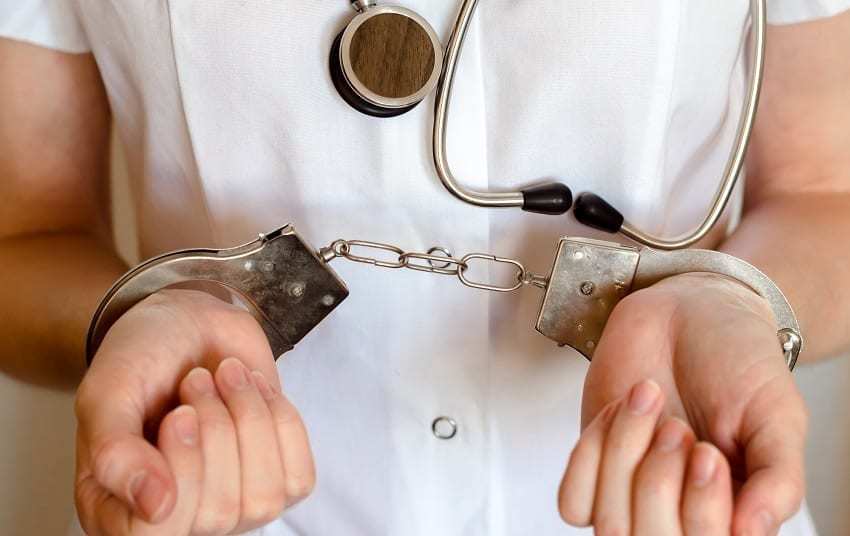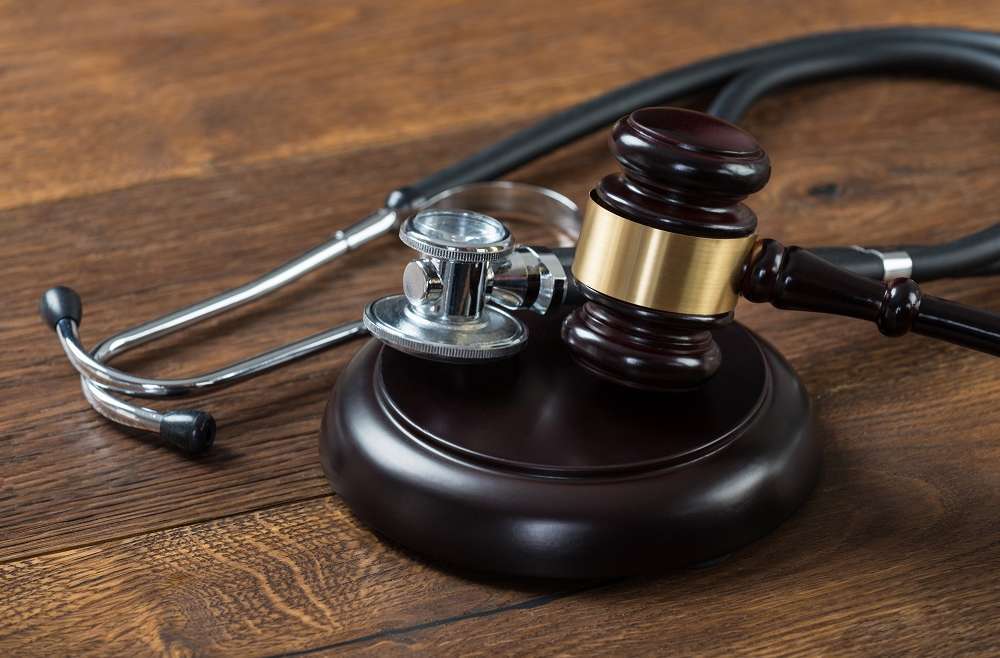It is recognized that if there is a science with great advances over the last few years, it is medicine.
The knowledge is such that every day the patient has more and more certainty as to the effective and positive outcome of the health care he or she receives.
Nevertheless, medical activity is not an activity of result, and its practice is conditioned by many factors, so it is not strange that it is possible to have different diagnoses for the same clinical case; and even if there is unanimity in the diagnosis, there can be different treatments, and even if there is unanimity in the treatment, the results can be different depending on the person because many personal and subjective factors influence, which exclude uniformity in the result.
Another issue to take into account is that thanks to public medicine in Spain a huge number of people are treated, and all of this within a public health system subject to the consequent pressure of care.
I understand that these are some of the causes that may explain the significant increase in claims resulting from care activity.
Through this brief article we want to outline the legal treatment of medical liability, although it should be clear that it is a very complex matter with a lot of casuistry where the knowledge and experience of the legal professional you consult will be decisive for a good result, given, we insist, the complexity and depth of the matter.
We do not wish to end this section without stating that what we have set out here can be extended to the liability that any health professional may incur.

WHEN CAN WE TALK ABOUT ANTI-JURIDICALITY IN THE PROVISION OF HEALTH CARE?
Acting in accordance with the lex artis will be what is required in the provision of health care, although it must be said that case law understands that there may be medical liability even in cases where there was a medical practice in accordance with the lex artis if there has been disproportionate damage or in cases of loss of opportunity.
Only in the few cases of cosmetic surgery, this principle does not come into play.
There are three requirements or presuppositions of all good medical practice.
1.- The lex artis or conformity with the scientific knowledge of each moment.
Thus, only an action that has not taken this assumption into account or that, although it has taken it into account, has incurred excessive damage or loss of opportunities can be considered unlawful.
2.- Informed consent, which presupposes information assumed by the patient about the risks and incompatibilities that he/she assumes with the surgical medical assistance that he/she accepts, so that the harmful result, in case of occurrence, was possible and accepted.
3.- The non-existence of a harmful result as a result of medical care outside the lex artis so that a cause-effect relationship can undoubtedly be established between the medical action and the result.
These three are the budgets in which a legal professional must repair so that if all these budgets are given, it should dissuade the client from initiating any type of legal claim always costly and also harmful because we must not forget that the client who claims for a medical injury is a person emotionally affected, apart from physically, so you can not give him expectations if he really does not have them.
CASUISTICS
As the most recurrent cases of medical malpractice we list the following: Misdiagnosis; Delay in diagnosis; Delays in waiting lists; Lack of informed consent; Errors in treatments or surgical interventions; Infections contracted in the hospital; Lack of patient follow-up; among others.
Of course, in our long judicial activity in Alicante, these are the cases that are in the majority in cases involving medical liability.

WHICH WAY TO CHOOSE
A second question to be asked by the legal professional, following the first one we have seen above, is what type of claim to make and which jurisdiction is competent.
Regarding the competent jurisdiction, there is no doubt that it is already clear that any claim involving medical malpractice within the scope of Social Security, the competent jurisdiction will be the contentious-administrative jurisdiction.
This scope of liability of the Public Administration will require as a prior condition the administrative claim for liability ofthe Public Administration. and only after the legal terms foreseen and without reaching an agreement is when it will leave the way free to go to the Contentious Courts with the modality of procedure depending on whether or not it exceeds 30,000 euros, which is what delimits an abbreviated procedure from an ordinary procedure with its peculiarities in its processing.
Outside this scope we will have civil or criminal proceedings for those cases in which it is understood that the liability of the physician has been so negligent that it constitutes a crime.
AGAINST WHOM TO DIRECT THE CLAIM
Who is to be the subject of this legal claim for medical malpractice is a question that deserves greater treatment than what we are going to do here in this text, which is only intended to be a schematic illustration that can serve as a first orientation.
The liability we are dealing with may be classified as contractual and/or non-contractual and both may occur.
Normally, whenever there has been a professional responsible for the health practice, this will be the first to be addressed, although we will clarify that when this professional has provided his activity in the field of Public Administration or Social Security Management Bodies, the State will be the main responsible party and will have to face a civil liability proceeding for malfunctioning of public services.
In these cases the route is the contentious-administrative one and the client will have to claim by this route to the Administration initially without prejudice that once he has to present the Contentious-administrative Appeal, he can also direct it against the practitioner.
In the case of professionals who provide integrated services, although autonomously and independently, in entities or health care insurance companies whose names come immediately to mind, it is worth mentioning that apart from the physician, sometimes the entity or company itself may also be sued; and in others, as in the case of Social Security claims, the entity and company may be sued directly, without the need to do so to the physician or health care personnel.
As for those Claims made only against healthcare personnel may be made through civil and criminal proceedings, without prejudice to the civil liability that may be assumed in these cases of criminal liability by the centers where the care is provided or has been provided as a subsidiary civil liability.
TEST

An important issue is the means of proof that can be used in procedural practice to prove medical malpractice or negligence.
The prevailing principle in Spanish law in matters of obligations, and let us not forget that we would be in this area, is that whoever demands performance or the existence of the obligation must prove it.
Within the framework of medical damages, both from the point of view of contractual and extra-contractual negligence, the principle that governs is the aforementioned, although it is much softened by the Courts, recognizing the difficulty in this type of claims of acting in defense of rights while being lay persons and unfamiliar with this area of medical knowledge. Hence, it has been softened by the requirement that it must be the physician or medical practitioner who proves that he has acted with lex artis and with informed consent to prove his lack of liability.
In this aspect, if the legal action undertaken is the criminal jurisdiction, the means of evidence that the complainant may avail himself of are broader than in any other jurisdiction, since in this matter the judge has the power to propose evidence and the first thing that will be done is to practice evidence by means of a forensic doctor.
In our extensive experience in the Courts and Tribunals of Alicante, we have been able to verify that both the Judge and the Prosecutor’s Office are usually favorable to the practice of the evidentiary means proposed by the parties.
This is an advantage of this jurisdiction, in which apart from the private medical expert that we must undoubtedly provide, we will also have the forensic doctor’s expert opinion, and all this without prejudice to the fact that the Judge’s role as promoter of the procedure will generate the practice of other evidentiary means whose scope is more complicated in other jurisdictions, for example the inquiry through witnesses who must testify on a compulsory basis and in this field all professionals who have had to do with the case will testify.
All of this will undoubtedly provide greater evidentiary practice than is available in any other jurisdiction for medical malpractice claims.
As essential means of proof in all jurisdictions, and of which the claimant should avail himself, two are above the others, one being the medical history and the other, the medical expert, and this without prejudice to any other means of proof such as the patient himself, witnesses, etcetera.
One last question cannot be left out and it is the cause of many failures in the contentious-administrative jurisdiction and it is that in this procedure the services of a forensic doctor cannot be used, but the party must bring its own medical expert.
TYPES OF DAMAGE AND THEIR ECONOMIC VALUATION

An essential issue when considering a medical liability claim is to be clear about what to claim, since if it is clear it will be translated into economic terms and it is no less important to know what concepts are being claimed.
When we speak of a damage, this damage is produced either by lost income or by expenses that must be borne as a result of medical malpractice.
When valuing these concepts, it is inevitable to have to resort to the scale applied in traffic vehicle accidents, which is updated every year through the BOE (Official State Gazette).
The aforementioned regulation contemplates a compensation scale which takes into account all those that can be produced without ever including moral damages.
The moral damages will also be claimed but this is a point in which there are two clear issues, one that is discretionary of the Judge and, a second issue that its quantification is not provided or contemplated by what the same Judge must say although it is clear that years of practice of the Courts and Tribunals have been outlining some amounts that are often used as a reference.
In some cases, rather than for physical damages, claims are brought for what are considered moral damages or for economic losses related to the doctor’s actions (loss of earnings).
STATUTE OF LIMITATIONS FOR LEGAL CLAIMS
The term to claim before the Court for medical negligence is 1 year from the death or stabilization of the after-effects for the exercise of the contentious-administrative action and civil action if the claim is extra-contractual.
If the claim is civil but derived from contractual liability, the term will be 5 years from the same circumstances mentioned above.
Carlos Baño León Lawyers of Alicante has offered you through this article a mere information about a subject that is very important and that generates a lot of litigation.
We have only wanted to guide you minimally to a subject of considerable complexity and depth.
Please do not hesitate to contact us if you need specific advice on this matter. We have many years of experience and professionalism, which is why we apply the most up-to-date knowledge in this area with regard to legislation and jurisprudence.


